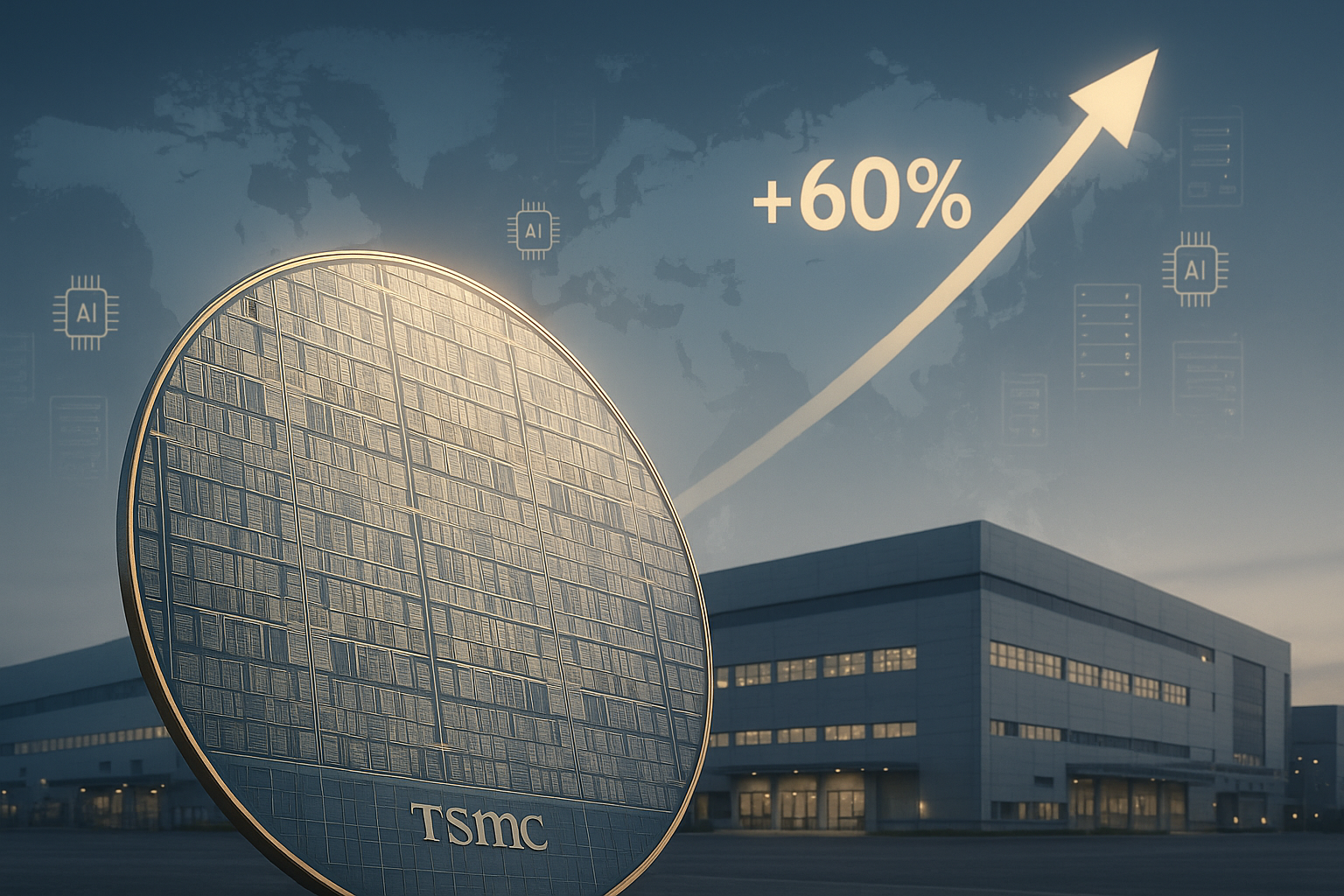TSMC has done it again. The Taiwan-based chipmaking giant posted a staggering 60.7% jump in Q2 profit, sailing past analyst expectations to hit an all-time high of T$398.3 billion ($13.53 billion).
I've been tracking semiconductor financials for years now, and there's something almost predictable about TSMC's quarterly ritual of making forecasters look conservative. At what point do we just admit that Wall Street's expectations for this company are fundamentally broken?
The numbers tell a story that's become familiar—yet remains remarkable. Quarter after quarter, TSMC beats projections. It's like watching a runner who keeps breaking world records while barely breaking a sweat.
Behind this success? Artificial intelligence. The insatiable appetite for AI chips (particularly from customers like Nvidia) has created what one industry veteran described to me as "a perfect storm of demand meeting limited supply capacity." And guess who controls that capacity?
TSMC, of course.
The company has positioned itself at the center of the digital universe. Think about it—when you're making chips for everything from the iPhone in your pocket to the servers powering ChatGPT, you're not just a company anymore. You're infrastructure. Critical global infrastructure.
And that kind of position? It commands premium pricing.
"They've created a moat so wide that even competitors with unlimited resources struggle to cross it," explained Dr. Lin, a semiconductor analyst I spoke with yesterday. "Intel keeps saying they'll catch up, but the gap seems to widen every year."
The really fascinating aspect isn't whether TSMC will continue growing (barring some geopolitical disaster, they probably will), but what happens to the entire tech ecosystem as one player becomes so utterly dominant.
Look, we've somehow created a global economy dependent on chips made largely by one company on a disputed island between two superpowers. Which seems... fine?
What strikes me as particularly impressive is how TSMC manages this high-wire geopolitical act. The Chinese want their technology, the Americans want to restrict that technology, and somehow TSMC navigates these contradictory pressures while maintaining production schedules that would make Swiss watchmakers jealous.
The conventional wisdom about manufacturing has always been that it eventually commoditizes. Margins compress. Competition increases. But TSMC has defied this logic through sheer technological superiority.
Will it ever stop growing? Probably. Eventually. (Nothing grows forever.)
But the more interesting question might be: what happens to our digital world if it does? When one company becomes so central to virtually every advanced technology, its corporate health becomes indistinguishable from economic health more broadly.
In the meantime, Apple and Nvidia executives are surely pleased with these results—though perhaps a bit nervous about their growing dependence on a single supplier that seems increasingly aware of its leverage.
For now, TSMC continues its relentless march upward. I'd bet against them, but then I'd have to explain to readers why I positioned against the company that makes the chips powering the very devices they're using to read this article.
And that would be awkward.
